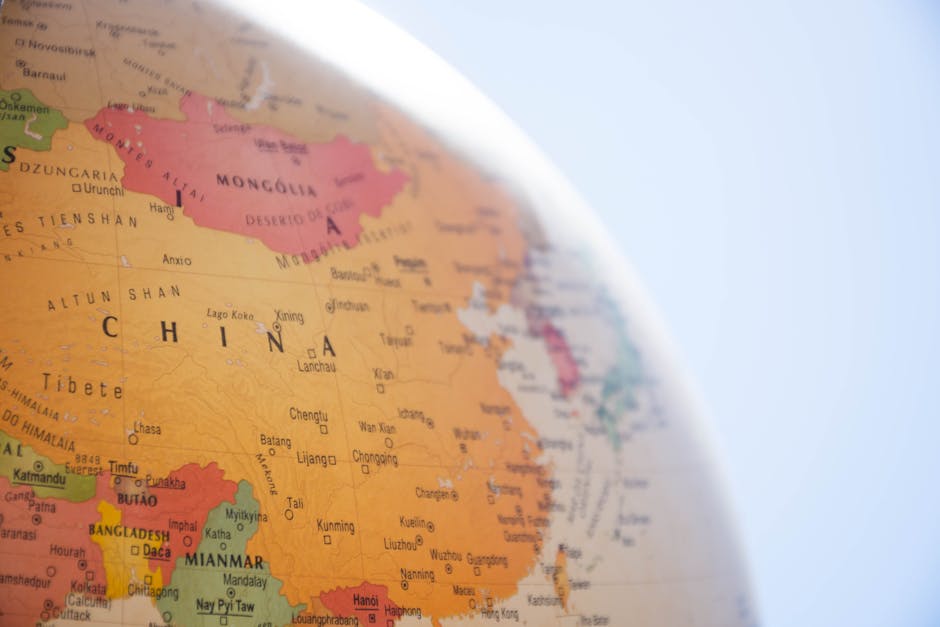Former US President Donald Trump has made a significant claim that Chinese President Xi Jinping gave him a personal assurance that Beijing would not take military action against Taiwan during his time in office. The statement, made in a recent interview, highlights Trump’s unique diplomatic style and raises critical questions about future US-China relations and stability in the Indo-Pacific.
A ‘Personal Rapport’ with Xi Jinping?
As the frontrunner for the Republican presidential nomination, Trump asserted that his direct and often-unconventional approach to foreign policy yielded tangible results. “President Xi is a friend of mine… I got along with him great,” Trump stated, suggesting this personal relationship was the foundation of the alleged agreement. “He wasn’t going to do it. He wasn’t going to do it. I told him, ‘Don’t do it’.”
The claim is characteristically bold and difficult to verify independently. Beijing has maintained a predictable silence, as it is highly unlikely to confirm any private conversation that might portray President Xi as yielding to an American leader’s demands. For China, the “reunification” with Taiwan is a non-negotiable national priority, and the notion that this goal is subject to the US election cycle is not one the state would ever publicly acknowledge.
A Shift from Alliances to ‘Strongman’ Diplomacy?
Trump’s assertion underscores a potential stark difference between his foreign policy and that of the current Biden administration. President Biden has focused on strengthening alliances like the Quad and bolstering Taiwan‘s defense capabilities through a more traditional, coalition-based strategy to deter Chinese aggression.
In contrast, Trump’s claim suggests a return to highly transactional, personality-driven diplomacy. Under this model, formal alliances might take a backseat to one-on-one deals struck between powerful leaders. Critics argue that any such assurance from Xi was likely a tactical move to placate an unpredictable US president and buy China more time for its military modernization.
Implications for India and the Indo-Pacific
For nations like India, which is engaged in its own border standoff with China, the nature of US-China engagement is of paramount importance. A transactional American approach could be a double-edged sword. While de-escalation in the Taiwan Strait would reduce the risk of a catastrophic regional conflict, it also raises concerns about the reliability of the US as a strategic partner.
If American policy on a core security issue like Taiwan can be swayed by a personal “assurance,” it leads allies to question the strength of US commitments in the face of Chinese assertiveness. The strategic community in the Indo-Pacific will be watching closely, weighing whether a deal-making President would prioritize a grand bargain with Beijing over supporting regional partners.
As the US election cycle continues, this revelation serves as a potent reminder of the uncertainty ahead. The choice for American voters represents two vastly different visions for global engagement—one that will have profound reverberations for security and alliances across the world.




